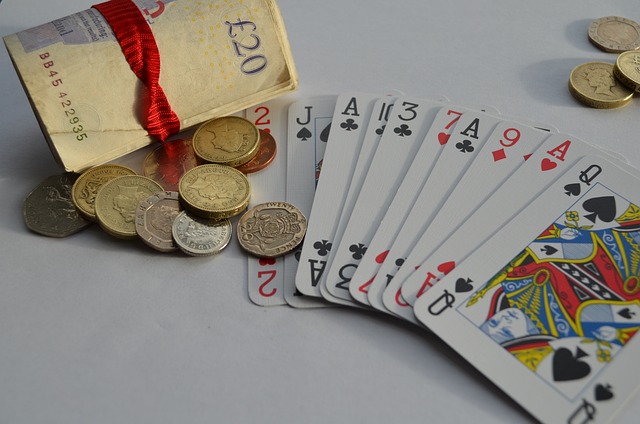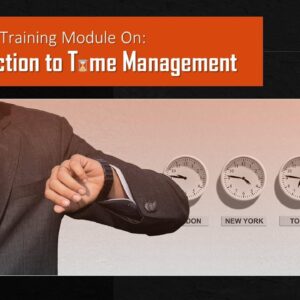When it comes to poker, there is more than one way to win. You can win the hand by having the best hand, or you can win by making a big raise or by simply having the best hand. However, you cannot win the game by simply having the best hand. That hand may be very good, but if there is a potential flush or straight on the board, your opponents may call you with a better hand and eliminate you from the game.
That’s why you need to vary your poker strategies. You need to come up with three or four different moves a round, depending on the situation you are in. This is particularly true in tournaments. In tournament poker, you need to win chips, and to do that you can’t just stick to one strategy. Although if you stick to the same strategy, other players will be able to predict what you’re about to do. So you have to vary your strategies, and your cards.
Here are some examples of poker strategies the pros use in tournaments. When you are in a poker hand after the flop, you should consider raising if there are still other players to act behind you.
In the situation described above, if there are still other players to act behind you, a raise may drive out someone with a better hand, since no one else behind you has shown any interest in the hand. Perhaps that will force the remaining players to have a very good read on your hand, and they will be less likely to call. In this situation, you should proceed with caution. If there is a potential flush or straight on the way, you should probably check it down, since you’re potentially out of position having already committed money to the pot.
Another example: you have pocket queens and someone has already bet. It’s just a blind bet, but it’s a bet you feel compelled to call. Raising here won’t make this player believe you have a better hand than him, so you probably don’t. If you are called, you still feel compelled to call, even though you have a mediocre hand. This another example of how you should vary your poker strategies even when in a hand.
When you have a hand better than a pair, you should call any bet, no matter what your opponent bet. You are out of position, so you feel obligated to call. If you fold, you are out of position, so you don’t feel obligated to call. Neither one of these examples was especially relevant in the situation involving the blinds. However, whenever you have a hand better than a pair, you want to drive out people with weaker hands, unless your hand is a monster hand.
A monster hand is what you would have to call in position if you were in the blind (which is another example of position). In the example above, you felt compelled to call a bet of $100 when you had queen-five off suit. It’s very important to drive out players before the flop. Maybe you won’t drive them out, but getting out of the hand will be better than not being in the hand at all.
This is why most players pay attention to position. Position is especially important in tournaments, since it’s extremely important to win money. You can’t win by sitting back and letting people bet into you, especially if you’re deep-stacked.
This is also why you should call a raise before a flop from the button or the cut-off, or any position. Players in early positions should almost always call a raise before the flop. After all, everyone else has a hand better than yours, so why risk losing a pot when you don’t have a hand that is likely to win?
Calling a raise in early positions is a very strong play. If you have a good hand, you will almost always be getting the right price to play against the hand of your opponents, since the blinds are not putting as much pressure on them. Therefore, you will almost always win a pot when you call the raise.
Another important rule for early position play is to be careful if you behind someone. If you have a less-than-optimal hand, you should definitely not call a raise in early positions. You want to avoid a situation where you lose a big pot when someone has a better hand pre-flop. Although, this play is a fairly common play in early positions, you should limit yourself to doing it with only premium hands.
A rule of thumb for late positions is not to call more raises than you would in earlier positions. The reason for this is the simple fact that you have more information in later positions, and players tend to play their hands more aggressively in later positions. Therefore, if you call more raises in later positions, you are playing the opposite of aggressive play.




